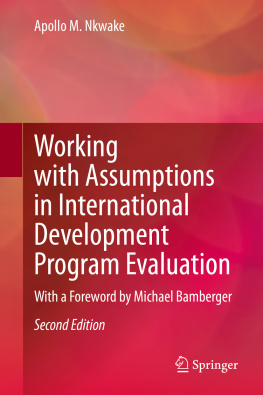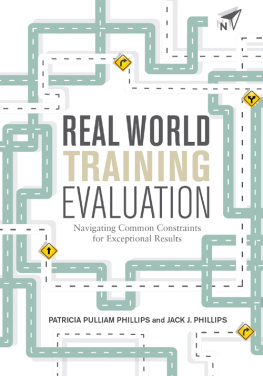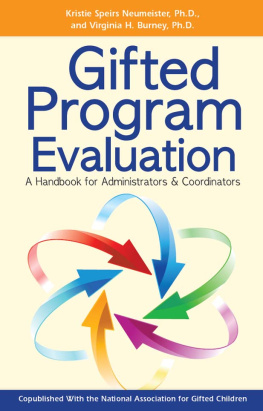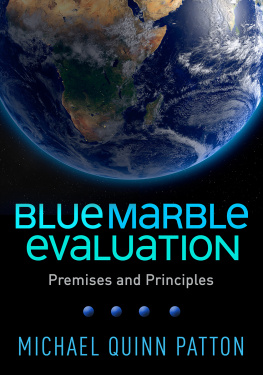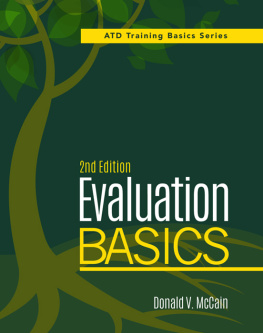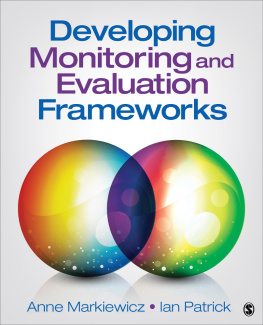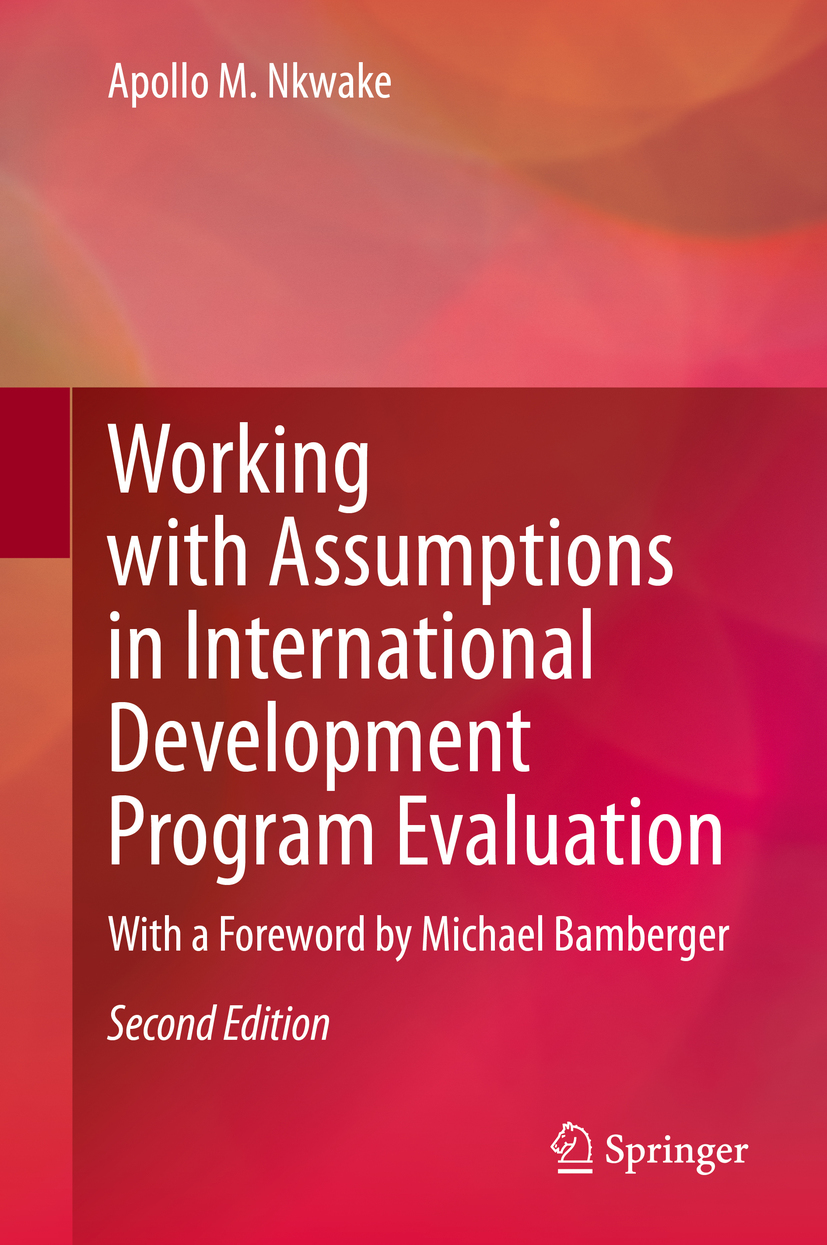Apollo M. Nkwake
Working with Assumptions in International Development Program Evaluation
With a Foreword by Michael Bamberger
2nd ed. 2020
Apollo M. Nkwake
Questions LLC, Maryland, MD, USA
ISBN 978-3-030-33003-3 e-ISBN 978-3-030-33004-0
https://doi.org/10.1007/978-3-030-33004-0
Springer Nature Switzerland AG 2020
This work is subject to copyright. All rights are reserved by the Publisher, whether the whole or part of the material is concerned, specifically the rights of translation, reprinting, reuse of illustrations, recitation, broadcasting, reproduction on microfilms or in any other physical way, and transmission or information storage and retrieval, electronic adaptation, computer software, or by similar or dissimilar methodology now known or hereafter developed.
The use of general descriptive names, registered names, trademarks, service marks, etc. in this publication does not imply, even in the absence of a specific statement, that such names are exempt from the relevant protective laws and regulations and therefore free for general use.
The publisher, the authors, and the editors are safe to assume that the advice and information in this book are believed to be true and accurate at the date of publication. Neither the publisher nor the authors or the editors give a warranty, express or implied, with respect to the material contained herein or for any errors or omissions that may have been made. The publisher remains neutral with regard to jurisdictional claims in published maps and institutional affiliations.
This Springer imprint is published by the registered company Springer Nature Switzerland AG
The registered company address is: Gewerbestrasse 11, 6330 Cham, Switzerland
Making assumptions explicit is one way of identifying differences, clarifying choices, and ultimately fostering debate and cooperation among people who are committed in some way to building a better world.
Jenny Pearce, Development, NGOs, and Civil Society: The Debate and Its Future, 2000
Approaches to development, and the methods that flow from them, are profoundly shaped by assumptions that are made about people . Assumptions are also made about processes, such as how change happens or how learning takes place. Assumptions are made about what can and cannot be done. All of these shape the nature of the approach and the choice of methods. Where do these assumptions come from? Some are based on experience or sound research and evidence from elsewhere. Others are based on beliefs and valuesome of which can be based on stereotypes and misinformation.
Jo Rowlands, Beyond the Comfort Zone: Some Issues, Questions, and Challenges in Thinking about Development Approaches and Methods, 2003
We live our lives according to the assumptions we make about ourselves and our world. To cope better, we need to surface those assumptions and to challenge them. New assumptions then become springboards to effective change.
Richard O. Mason and Ian I. Mitroff, Challenging Strategic Planning Assumptions. Theory, Cases and Techniques, 1981
Dedicated to Maureen, Theodora, Gianna, and Benita
Foreword
All development programs and policies are based on a wide range of assumptions. For example, one program for inner city youth may be based on the assumption that combating teenage drug addiction will be a more effective way to reduce urban poverty than improving the poor writing skills of high school graduates, while another program in a similar community might assume that providing youth with religious guidance is a key element in combatting urban poverty. It is quite common to find that the guiding principles of both programs are based on unspoken assumptions. It is not uncommon for program organizers to become offended when an evaluator tries to identify these basic assumptions as they may feel that their personal values are being called into question.
The evaluations of development programs and policies are also based on a wide range of interlocking assumptions. Evaluators may make assumptions about the real purpose of a program (which may be different from what is stated in the documents given to the evaluator), what the program is likely to achieve and what problems are likely to arise, the real motivation for commissioning the evaluation, and how the results will be used (and perhaps misused). An evaluators personal values and political orientation may also lead to assumptions about, for example, whether the program is worthwhile; whether it is likely to have negative consequences for certain groups of women, ethnic minorities, or other vulnerable groups; and what the real purposes of the agencies supporting the program are. Additional sets of assumptions also relate to the evaluation methodology: what is the best or appropriate methodology to use? What are the appropriate output, outcome, and (perhaps) impact indicators to measure? Do we need to base the evaluation on a program theory? Does it make sense to think about causality? Evaluators also align themselves on the quantitative/mixed-method/qualitative evaluation spectrum, with all of the assumptions that these positions entail.
The agencies commissioning and using evaluations also have their own assumptions about what an evaluation is, what it can achieve, why it is being commissioned, and how it will be used. Some might assume that evaluators should be skilled scientists who can provide precise statistical answers to questions such as whether the program worked and how much quantitative difference it made to the lives of the intended beneficiaries. Others might assume that evaluators should be management consultants who can provide useful guidance on how to improve program performance. Clients may also have assumptions about the role of evaluators. Is evaluation a service that you can shop for until you find an evaluator who will provide the answer you are looking for (and who will not criticize your program)? Are evaluators really working for the funding agency (whatever they may say about being there to help you improve your program)? Are they willing to ask questions and provide information of interest to the implementing agencies and national policymakers?
Given the wide, and often crucial, sets of assumptions that underlie all development programs and their evaluations, one might expect that all program documents and their corresponding evaluation designs would include a detailed statement of their underlying assumptions. One might also expect that it would be standard practice for evaluators to discuss and clarify these assumptions before the evaluation begins. Even more important, one might expect members of an evaluation team to discuss and reach an agreement on the key assumptions underlying the proposed evaluation hypotheses and research designs. However, as Apollo Nkwake reminds us, most of these assumptions are not made explicit, and in many cases, the agencies supporting programs, the managers and staff of implementing agencies, and the evaluators are often not even aware of some of these key assumptions. Based on a review of over 200 program evaluations during the past 20 years, he tells us that ... nothing has stunned me like the pertinence of assumptions to evaluation viability. What a resource and a risk assumptions can be! I have found them a great resource when they are explicatedtheir validity not withstandingand a great risk when they are not explicated.

